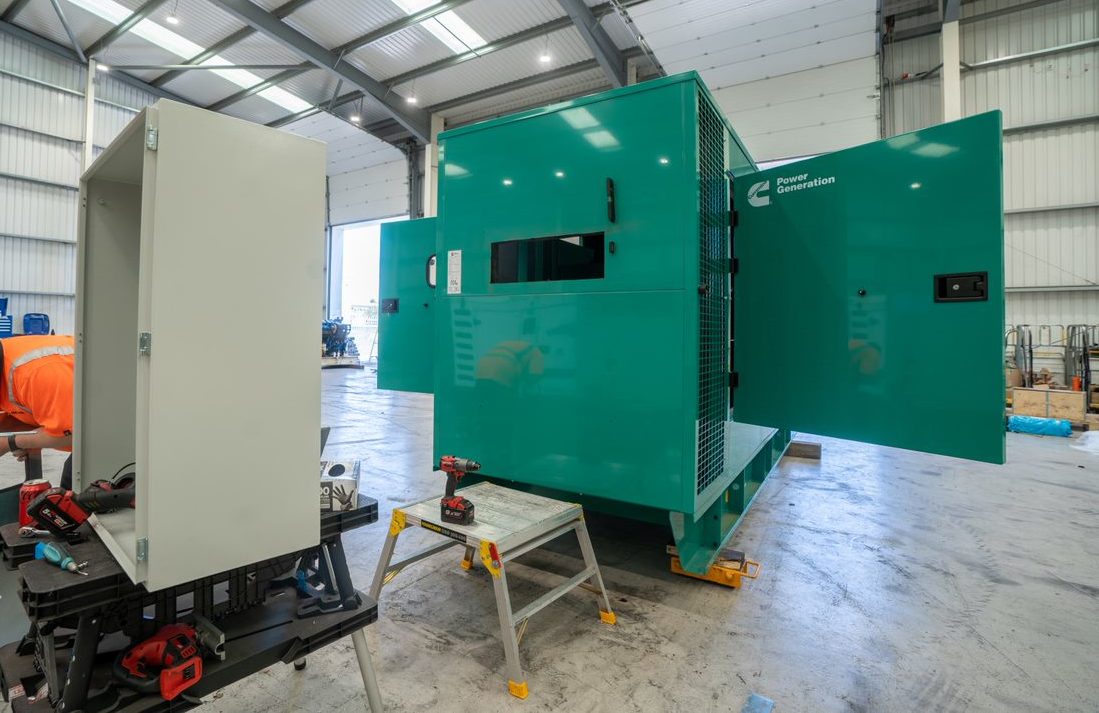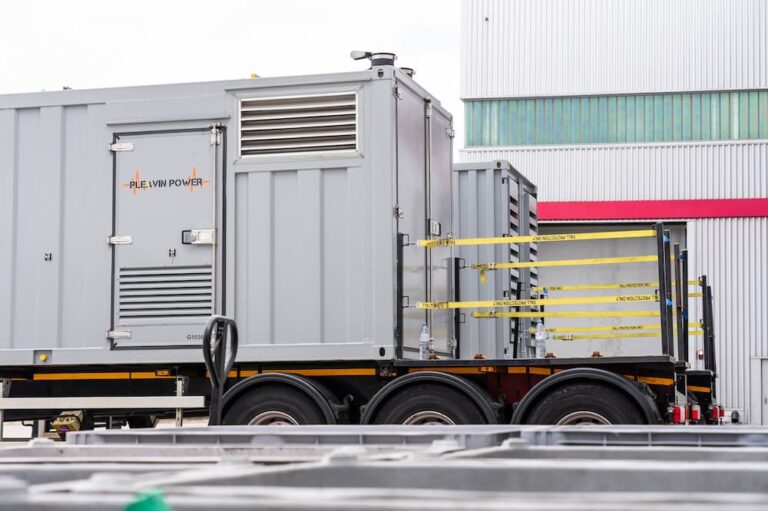There are two main uses widely known when it comes to generator use and that’s either for people looking to power their appliances during a power outage with backup electricity or they are most commonly used for activities & events such as family camping trips, outdoor weddings and many more.
But one of the most frequent questions that we get asked is ‘Can a generator power my house?’ This can be a difficult question to answer, just the fact there are several reasons you need to factor in when powering your home with a generator.
You may find there are several generators available on the market such as portable generators or standby generators which can differ in fuel tank sizes, runtime and many more. You can discover in today’s market that even recreational generators hold enough power to get a lot of your appliances up and running during a power outage for a certain period.
We’ve rounded up a few of our in-house generator experts here at Pleavin Power to write this article today on can a generator power your home and help explain further the reasons that come into play when trying to find the perfect generator to power your home without any problems so that the next time there happens to be a sudden power outage in your home you can be ready for it!
Understanding Wattage Ratings
When either purchasing or hiring a generator, you’ll need to understand the wattage or output ratings on them. You can normally find this rating on the right side of the generator.
The common generator will come with both a baseline rating and a peak rating. Your baseline rating will refer to the standard electrical load that can handle while the latter refers to the maximum load your generator can handle for only a short period.
The peak rating is here to meet temporary power demands when necessary an example of this would be your fridge when the compressor starts to kick in to cool any contents.
So How Much Power Will I Require?
To know exactly how much power you will need to power your home, you will have to first create a tally of what essential appliances you need during a power outage or for your trip & activities and the odd luxury that you may be able to have and start with lower baseline wattage number.
It is key to know how much power your appliances will need as you don’t want to overbear your generator with more power than it is capable of running as it can seriously damage the generator.
A typical portable generator that you may find produces from 1,500 watts to 2,000 watts, if you decide to go with a larger portable generator you can get up to 5,000 watts which will be able to power a few lights in your house or to charge your iPhone.
You will discover that some appliances such as a space heater require at least 1,500 watts to power so if you are looking to power your house successfully then a starter portable generator may not be your best bet.
Using A Standby Generator To Power Homes
The most effective way you can make sure everything is powered and running smoothly during a power cut is by investing in a standby generator for your home.
They are becoming extremely more common across the United Kingdom amongst homeowners as they can successfully provide well-needed heat, and light and keep appliances running without any problems.
Standby generators can help successfully boost your property value if you ever want to sell your property a few years later after installing it.
A standby generator is set to automatically power your appliances as soon as a power outage happens as it detects it meaning you won’t have to go out of your way to power it up.
These handy machines can last up to 20 years depending on factors such as how much you use them, the model, etc. To get the most out of your standby generator then you must be getting it regularly serviced by generator experts such as Pleavin Power who can keep it in tip-top condition for the longest time getting your full money’s worth.
Conclusion
If you are experiencing a power outage, it is better to have on hand even a portable generator compared to no generator to help power the appliances inside your home.
We would recommend that you use smaller portable generators to power camping appliances or backdoor events that don’t require as much power as running a whole home. If you have the correct portable generator you can find that you can power a whole room inside your home to keep it nice and toasty till the power comes back on.
If your local area though happens to suffer from regular power outages, then you should invest in a standby generator which can power a whole medium-sized house for up to 30,000 hours without any hassle.
They are a bit more pricey due to the size and the abilities that they can do but in an area that has frequent power losses, you’ll find that you will get your investment back and more over time.
Looking on the market for the perfect generator for your situation can be difficult especially if you have no knowledge or experience as they are complex pieces of equipment with many moving parts.
To find the ideal one that can power your house inside your budget then reach out to our support team here at Pleavin Power, our friendly in-house experts will be able to listen to where you are currently at and what you require from a generator and then will be able to successfully guide you to the correct purchase or hire.

Jack is the owner of Pleavin Power which was founded in 2017. He has worked in the power industry for over a decade and has an extreme focus on providing a quality service to clients across the UK. This has led Pleavin Power to becoming the market leader in the Critical, Prime & Standby Power markets.








